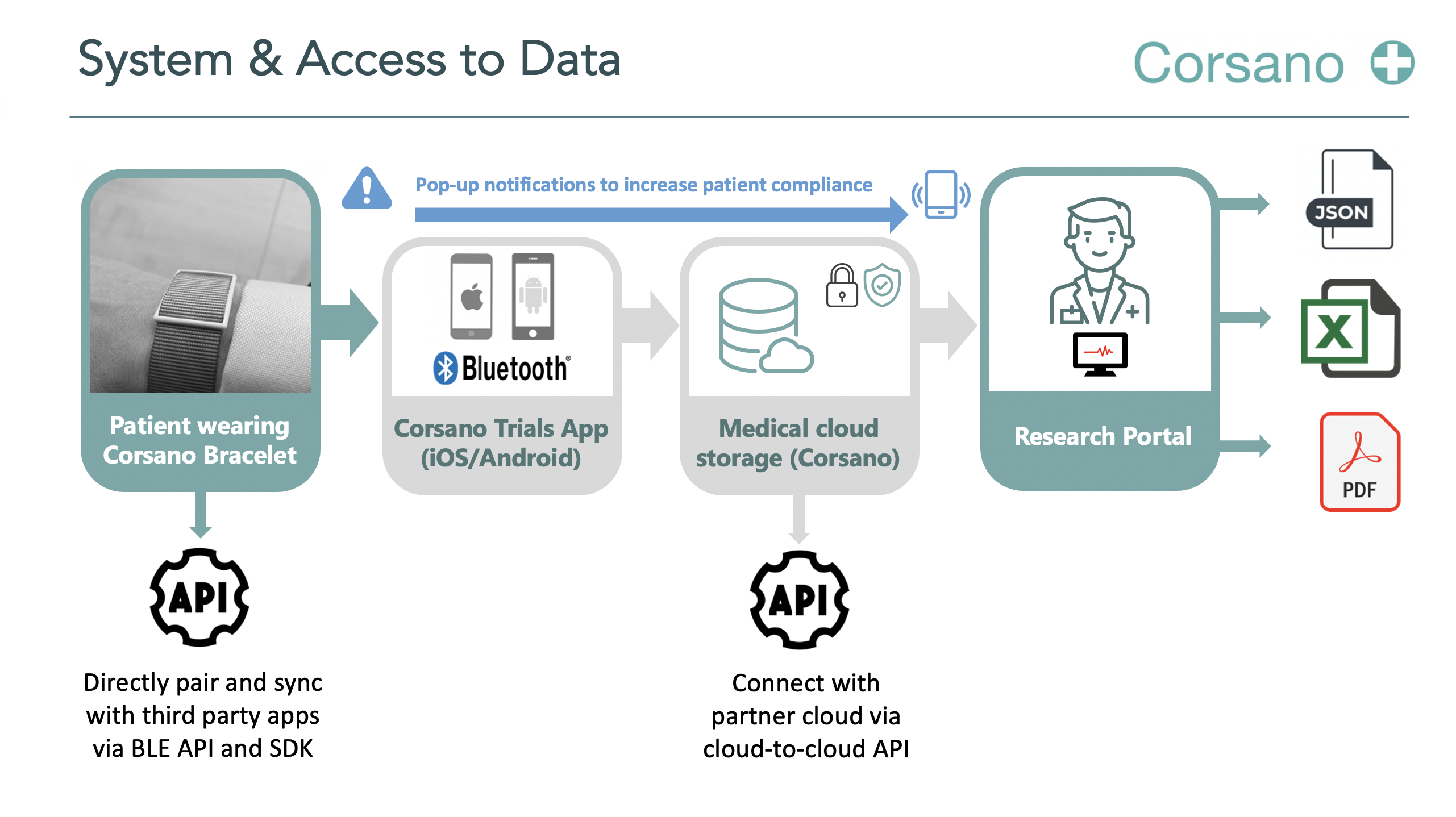Topic
In this study, we try to investigate the impact of air quality and green-blue spaces on vital signs, stress, and mood states. Using a scripted exposure protocol subjects will perform aerobic exercises on the study day and we will analyse the effects of different locations (micro-environments) in Potsdam. To perform this study, we collect data from smartphones (geographical ecological momentary assessments) and the CardioWatch 287-2.
Number of Participants
Small cohorts and N-of-1 methods (using counterbalanced designs)
Inclusion / Exclusion criteria
Inclusion criteria
age ≥ 18 years
written informed consent
Exclusion criteria
chronic stress disorder
Pregnancy
diabetes or orthopedic or cardiovascular diseases
Study Design
Participants must perform the exercise routine in three different locations: a green-blue nature environment, a busy street (on the sidewalk/pedestrian mall), and a control environment in an office/classroom. Participants will be accompanied by a researcher during data collection. The required exercises will be performed in a standing position (star jumps) without the need for a mat. Participants will be informed of the study design prior to their participation and will have the discretion to decide what type of assistive devices they will need to complete the required tasks (e.g., special clothing, hydration, etc.). Only the data collection devices will be provided by the researchers and monitored by them throughout the duration of the study to ensure that participants are within the safe limits of their own fitness.
Objectives
What impact on psychological stress and physiological metrics does nature-based therapy in varying air quality conditions have?
Are you able to predict the quality of nature-based solutions given environmental indicators provided by mobile and static sensor arrays?
How do environmental characteristics such as traffic presence and blue-green space affect air quality?
Study Centre
Digital Health Center, Hasso-Plattner-Institute, Potsdam, Germany
Start time, Duration
Start: 1 september 2022, Total study duration: 6 months
Interested in our Trial Programme?
Corsano Cardiowatch Bracelets enable continuous monitoring with multiple algorithms. Corsano is working closely with cardiologists, scientists, hospitals, patients, and research organisations. Scientific research demonstrates the legitimacy of Cardiowatch 287 algorithms.
We are currently performing pilots with selected clients. Contact us if you want to know more!
The founders of Corsano Health have over 100 years of experience in the Swiss Watch industry, with deep experience about ergonomic design and materials for wearables that are worn 24/7.
